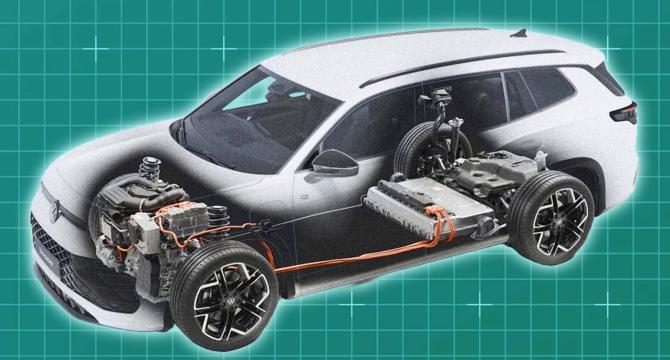Insideevs
1M
41

Image Credit: Insideevs
Making A Plug-In Hybrid Is A Lot Harder Than You Think
- Making a plug-in hybrid is more complex than making an electric vehicle due to the combination of a gasoline engine, electric motors, batteries, charging systems, and software integration.
- Consumer Reports found that PHEVs had more reliability issues compared to gas cars and hybrids in a recent study.
- New PHEV models often face reliability challenges due to the complexity of integrating different power sources and systems.
- PHEVs require blending powertrains and braking systems while running on electricity from the battery and need chargers to convert AC energy to DC power.
- PHEVs are pricier to produce and maintain than traditional gas vehicles, partly due to their intricate design and tuning requirements.
- Transitioning power sources smoothly and efficiently in PHEVs is a significant technical challenge that requires precise coordination between electric and combustion engines.
- While some automakers like Toyota and Hyundai have successfully developed smooth PHEVs, others, such as Stellantis and Subaru, have faced reliability and performance issues.
- Building a great PHEV requires more effort and expertise than creating a great EV, as PHEVs have additional complexities and tuning challenges.
- Despite the challenges, PHEVs can be a suitable solution, especially for individuals with limited charging options and frequent road trips.
- Investing in PHEVs requires careful consideration and thorough development to avoid potential pitfalls and ensure long-term success in the market.
Read Full Article
2 Likes
For uninterrupted reading, download the app